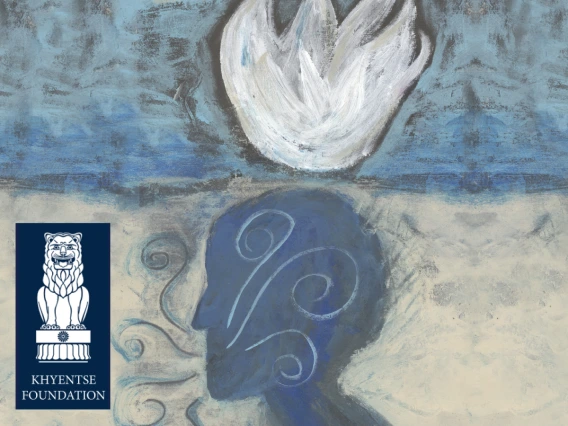
The UA’s Center for Buddhist Studies this week presents the annual Khyentse Foundation Lecture Series, in conjunction with an international conference.
The lecture, Ti-Yong: Toward a More Thorough Understanding of the Essence-Function, will be presented by A. Charles Muller on Friday, Nov. 2, at 4:30 p.m. at the University of Arizona Poetry Center.
Muller is a Professor in the Graduate School of Humanities and Sociology, University of Tokyo. His main work lies in the fields of Korean Buddhism, East Asian Yogâcāra, and East Asian classical lexicography. He is the current Publications Chairman for the BDK English Tripiṭaka, and Editor-in-Chief of the Journal of the Japanese Association for Digital Humanities.
The ti-yong 體用 paradigm, which thoroughly pervades and informs the Buddhist, Daoist, and Confucian manifestations of traditional East Asian philosophy, has received surprisingly scant attention from modern-day scholarship. Even then, attention has been limited in ways that do not capture the full original intent or scope of the paradigm, which is to provide a priorities-based soteriological system and an ethical framework for personal behavior. This presentation will examine ways in which the “essence-function” can be understood as a conceptual tool for the practitioner to reconcile the contradictions that emerge in juxtaposing the world of one’s inner being with external “realities.”
The conference, Nov. 2 and 3, is titled Tripitaka for the Future: Envisioning the Buddhist Canon in the Digital Age.
Despite rising interests in research on modern East Asian Buddhism in recent years, studies on how Buddhist textual traditions cope with modernity and reinvigorate as a vital force for religious changes in the digital age are conspicuously missing. Featuring 20 leading scholars in the field, the conference is focused on the transformation of the Buddhist canon in history and the digital age to envision a new kind of Tripitaka for the future.

